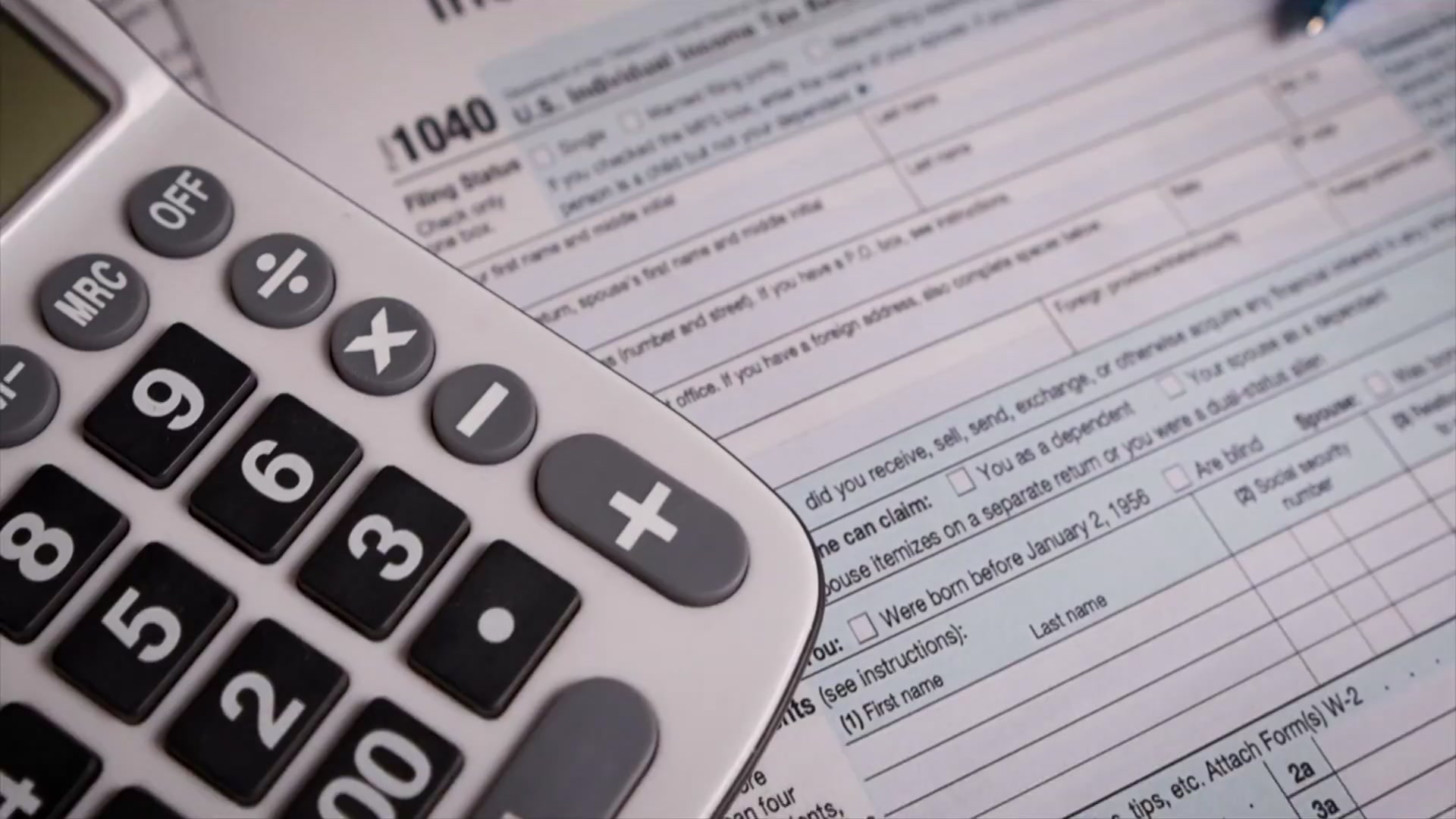In December, Congress extended a federal eviction moratorium through January, but experts say: if you’re struggling to pay rent, don’t wait to talk to your landlord. Here is the best way to approaching having that conversation.
In December, Congress extended a federal eviction moratorium through January, but experts say: if you’re struggling to pay rent, don’t wait to talk to your landlord.
Here are some best practices, shared by experts in the field.
Give Your Landlord a Reason to Work with You
Farwah Raza, an attorney with Legal Aid of Northwest Texas, says be clear about what you can or can’t pay.
Get top local stories in DFW delivered to you every morning. Sign up for NBC DFW's News Headlines newsletter.
“You want to talk about what kind of financial issues you anticipate in the near future and when you anticipate that they'll be over, if you anticipate that they'll be over,” said Raza.
Then, ask about your options.
It could be a grace period to better coincide with when you expect a paycheck. Or it could be a payment plan, splitting rent into smaller payments or deferring some of the back-due rent into future payments.
NBC 5 Responds
Responding to your consumer needs and connecting you to your money.
Raza says be realistic about what you can pay. Gauge your income and expenses so that you don’t default on a repayment agreement.
“Don’t be super ambitious. I know there is going to be a very strong desire to do that, but that's just going to delay the process,” said Raza. “Be forthcoming with your landlord. Don't agree to pay all of the rent in two weeks if you absolutely know that's not going to be possible. Come up with a realistic repayment arrangement, if that is what you enter into.”
Get Agreements in Writing
During the pandemic, it may be impossible to have this conversation in person. You can reach out with a phone call and email.
However, Raza said don’t rely on a verbal agreement. Ask for any agreements in writing and signed by both parties. If it’s not possible to exchange physical paperwork, ask for a digital signature.
When you get a written agreement, read it carefully and ask about any numbers you don’t understand.
“Figure out whether you're starting off with a zero balance,” said Raza. “If there is a balance that's carrying forward, understand where that balance is coming from. Is it just rent? Are there other fees and charges that are added on to it?”
When it comes to fees and charges, that’s where you may find some wiggle room to negotiate with your landlord.
Ian Mattingly, President of the Apartment Association of Greater Dallas explains, “They may not have a great deal of flexibility to renegotiate the rental rate, but often they do have some flexibility to discuss terms and repayment arrangements, waiving late fees, utility charges, things like that.”
Which brings us to the next tip.
Try to Understand Where Your Landlord is Coming From
Fewer renters are able to pay on-time – said Mattingly. Statewide, 24% of residents were not able to pay on time in December 2020 compared to December 2019 – as reported by Texas Apartment Association members.
“The first thing that we're advising is that that they respond with compassion and exercise whatever flexibility they possibly can,” said Mattingly.
Mattingly notes some landlords are also worried about paying property taxes due in January and making their mortgage or utility payments.
“The vast majority of rental housing is owned by small business owners, what we would call independent rental owners who may only own one or two rental units or a small apartment community,” said Mattingly.
“Flexibility is key, compassion is key, but ensuring they're able to keep the existing stock of housing operating, that's also key,” added Mattingly. “Putting other people out on the street because 20% to 30% of the residents are not able to pay rent, that doesn't benefit the other 70% of those of those residents.”
Learn more about your apartment complex or landlord. Your approach may change depending on your relationship with your landlord and if they’re a small business or part of a larger corporation.
“The fact is that a landlord who is not able to pay their bills could mean fewer rental units that are available,” said Raza. “The very nature of this pandemic is affecting us all. You want to listen to the other side and understand what it is that they're experiencing and then come up with a solution that works for everyone.”
Apply for Rental Assistance and Show Your Landlord You’re Trying
“What are programs that are out there for you and that can help the landlord? You can insert that in your email, you can insert that in the conversation in this way: I can't pay you rent, but I can help you get that rent so that neither one of us is suffering during this pandemic,” explained Raza.
Call 211 and ask about rental assistance programs in your area. Some of the funding expired in December, but groups like the United Way of Metropolitan Dallas are working to line up additional sources of funding.
The state also plans to expand an eviction diversion program to help tenants pay rent for up to six months in order to avoid eviction.
If You Still Need Help
If you’re facing eviction or feel your landlord is treating you unfairly, Legal Aid of Northwest Texas may be an option.
NBC 5 Responds is committed to researching your concerns and recovering your money. Our goal is to get you answers and, if possible, solutions and resolution. Call us at 844-5RESPND (844)-573-7763 or fill out our Customer Complaint form.



